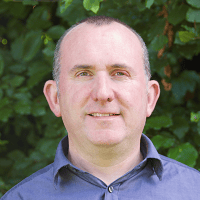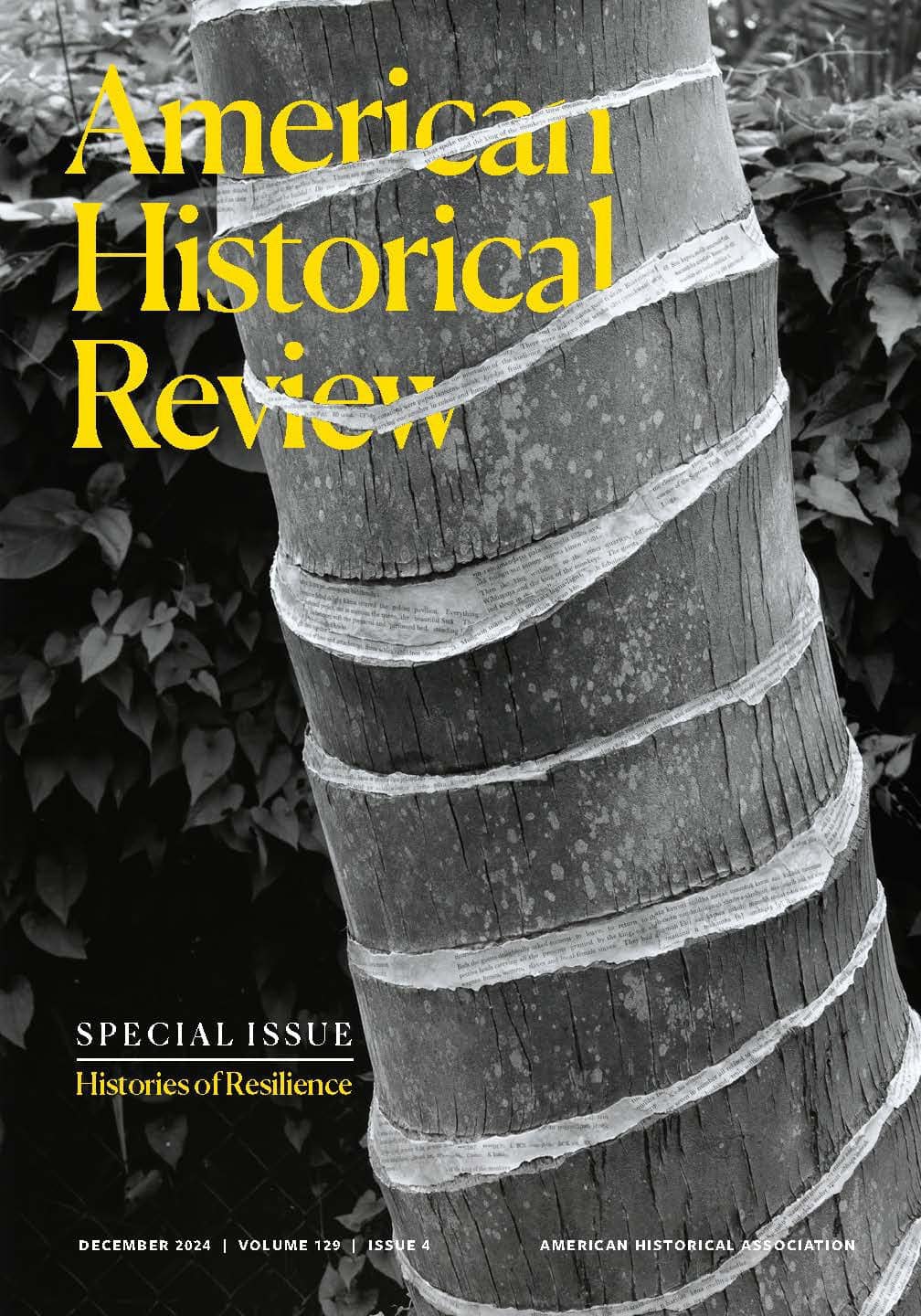Digital scholarship is having an impact on the discipline of history. Scholars give papers based on digital tools and methods at major conferences in the humanities. Many academics blog about their research and other issues related to the discipline and practice of history. Greater numbers of journal articles utilize the web for publication of supplemental material to support their arguments.
But, in many cases, departments have found it difficult to interpret and evaluate scholarship using these methods. Since last year, an illustrious committee of eight historians appointed by the AHA has been working to help departments address this problem. Chaired by distinguished historian Ed Ayers, president of the University of Richmond, this committee was charged with developing criteria for evaluating digital projects and online scholarly communication for hiring, promotion, and tenure.
This was a complicated process. The committee had lengthy discussions about defining what would count as scholarship. The institutional contexts in which these guidelines need to be applicable are diverse, so it is vital that AHA guidelines be of use to scholars in the wide range of places where historians work. Rather than formulate specific instructions, the guidelines take the approach of making recommendations to both departments and individual scholars. They also look at the role of the AHA in helping to guide the process of adoption or adaptation.
We are publishing this draft on the web to obtain broad feedback from across the historical discipline. This is not the final version. We will be putting together a final draft for approval by the AHA’s Council in the second half of May based upon the comments we receive over the coming weeks. Please respond in the comments on this blog, on the Members’ Forum if you’re an AHA member, or anywhere on the web that suits you. If you blog about it or post comments elsewhere please let us know by tweeting at @AHAhistorians or sending me a quick e-mail.
We look forward to your constructive and helpful responses.
Guidelines for the Professional Evaluation of Digital Scholarship in History (PDF)
Update: The final version of the guidelines can now be found on the AHA’s website.
This post first appeared on AHA Today.
This work is licensed under a Creative Commons Attribution-NonCommercial-NoDerivatives 4.0 International License. Attribution must provide author name, article title, Perspectives on History, date of publication, and a link to this page. This license applies only to the article, not to text or images used here by permission.



